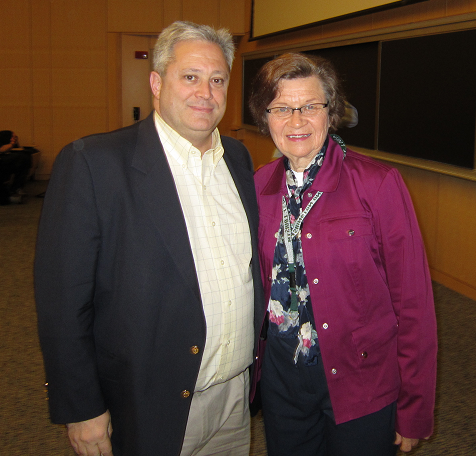by Shaun Bossio
I had a colleague recently come to me out of frustration. Their position grade was below that of several other people in their department that they felt were not as valuable. In addition, they felt as though both title-wise and salary-wise they should be receiving more consideration than these folks that they felt had received some undue advancement. After about three years in their position, they felt as though they deserved more than the token merit increases that they had seen over that time.
In actuality, there are two different problems here. The first is that they felt as though they were not receiving the proper recognition. The second and most important though is that they were measuring themselves against the performance of others within their department. Therein is where the problem lies for you. Unless these staff members are reporting to you, there is not a whole heck of a lot you can do about their perceived performance vs. yours. Equating yourself to other comparable employees within your organization is a lot like playing golf. You cannot control what your opponents are shooting, so your best option is just to concentrate on shooting the best score that YOU can. Focusing on comparisons between your coworkers and yourself is a trap that many people fall into and really it is energy that could be better spent making yourself an even better employee.
Many of us at one time or another have felt as though we were not receiving the proper amount of credit (compensation, title, accolades, etc). It is important to remember that while this may be the case, it is a matter to be handled between your employer and yourself and has nothing to do with your coworkers. If you are truly underappreciated in your organization, then it is time to approach your supervisor and let them know why and remind them of the value that you provide to them. In some cases it may be as simple as making a solid case for your yourself and in others the possibility exists of setting goals that, if met, will yield increased benefits to you. Sometimes however, your opportunity lies elsewhere. In many organizations (universities in particular come to mind), unfortunately your best chance is in taking a promotion with another company. In these cases, if you revere your organization, the chances of returning at a higher salary/title have already increased.
Regardless of how you perceive your future, know that the best thing for you is to simply focus on yourself and to do the best job that you can do. If you get to a point where you feel as though you are not being properly appreciated, take some time to remind your employer what they have and why they need you around. The folks that are busy comparing themselves to each other are the ones that are only concerned with doing their job as well or slightly better than their coworkers. In the meantime, you can be the one excelling and getting people to notice.
Shaun Bossio is the Assistant Business Manager at the Boston University FitRec.








